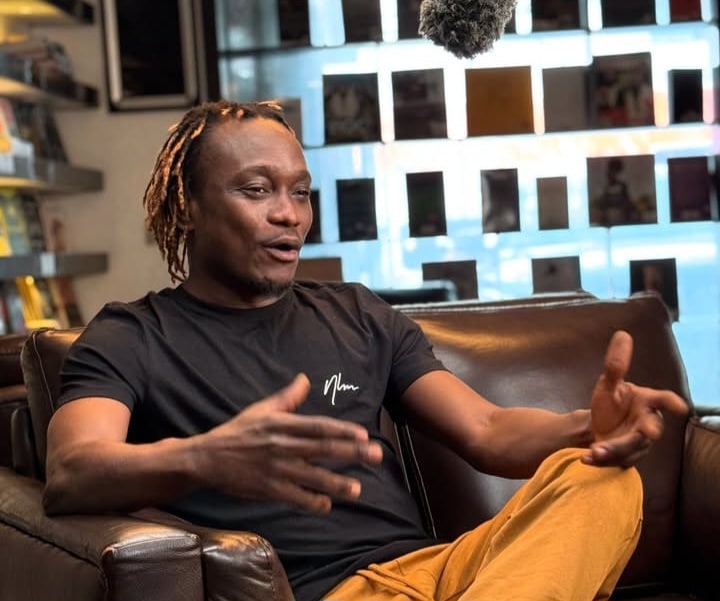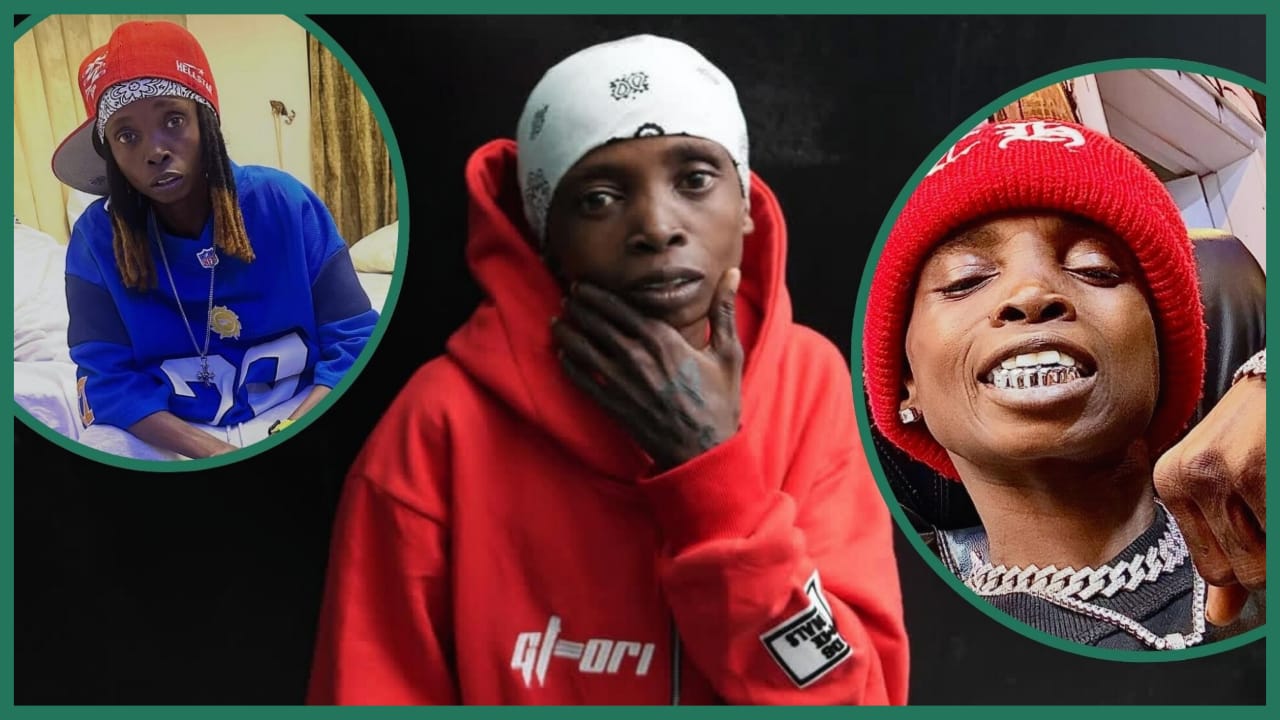Outspoken Nigerian singer and songwriter, Olawale Ashimi, popularly known as Brymo, has stirred fresh controversy in the music industry after taking a swipe at Burna Boy, Davido, and other top Afrobeats stars for their frequent involvement in remixes of trending songs.
In a post shared via his Instagram story, the maverick singer accused mainstream Nigerian A-list artistes of exploiting the success of rising stars by attaching themselves to their viral hits under the guise of mentorship or industry support.
Brymo did not mince words as he wrote:
“Dear Nigerian mainstream ‘A-listers,’ Burna [Boy], Davido and Co, stop jumping on every hit song in a remix, especially releases by newer acts.
“Let other artistes find their own way. The pretending to be helping them reach higher is a ridiculous watch. Stop seeking relevance in the efforts of ones who know little about the business. It’s vile!”
His comments immediately ignited debates among music lovers, with some agreeing that the practice of remixing rising artistes’ viral hits often overshadows the original creators, while others defended the A-list stars, insisting that their involvement usually helps push young acts to wider audiences and global platforms.
The issue Brymo raised touches on a longstanding trend in the Nigerian music industry, where established stars often jump on breakout songs by upcoming talents.
While this has, in some cases, amplified careers with newcomers enjoying massive streaming numbers, radio spins, and international attention, critics argue that it also creates a dependency culture where emerging artistes are unable to shine without the co-sign of bigger names.
Brymo, known for his bold opinions and refusal to conform to industry norms, has never shied away from calling out what he perceives as unhealthy practices in the music scene. His latest remarks once again reinforce his reputation as a fearless critic who often questions the motives and methods of Afrobeats’ biggest players.
Whether his outburst sparks change or not, it has certainly thrown fresh light on an important question: Are remixes by top artistes a lifeline for upcoming acts, or are they simply a way for A-listers to ride on existing success?



![Mohbad: Naira Marley breaks silence two years after singer’s death [VIDEO] Mohbad: Naira Marley breaks silence two years after singer’s death [VIDEO]](https://www.dockaysworld.com.ng/wp-content/uploads/2025/08/images-2025-08-20T103738.536.jpeg)















